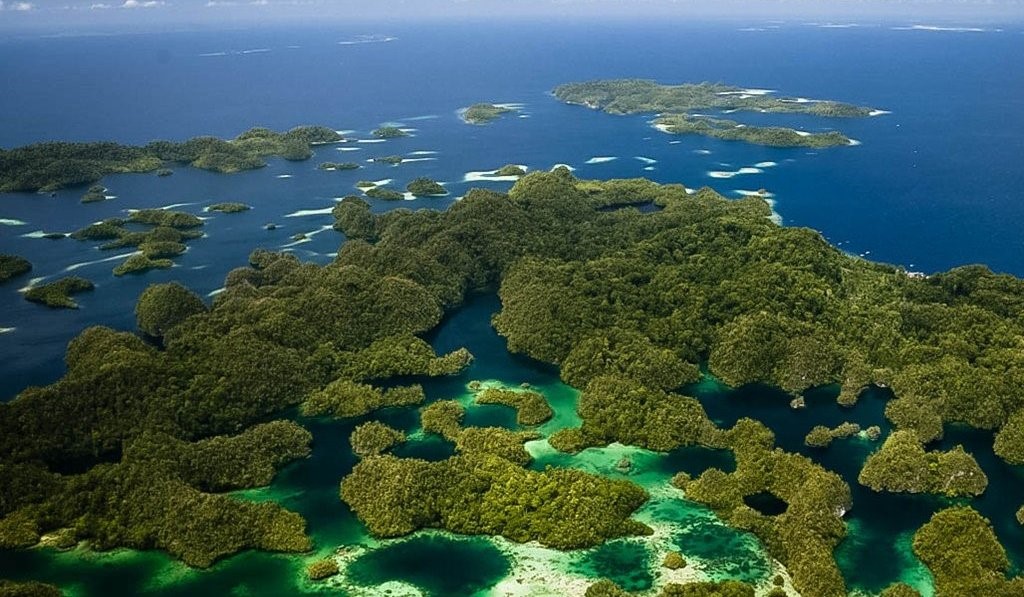ECOLOGY IN THE MODERN WORLD

With this material the magazine opened a new rubric. Here we publish the following article, the subject of which is one of the most acute problems of the modern world – nature protection and ecology of civilization. Our contributor is a company that puts environmental conservation at the heart of its business model, CSG Renovation https://csgrenovation.ca/blog/cost-of-renovation-per-square-foot/.
Birth of a discipline
Today the term “ecology” has come to be used very widely, for a variety of reasons (both business and non-business). And this process seems to be irreversible. But the excessive expansion of the term “ecology” and its inclusion in the jargon is still unacceptable. For example, they say that there is “bad ecology” in the city. The expression makes no sense, because ecology is a scientific discipline and it is the same for all mankind. You can talk about bad ecology, about unfavorable environmental conditions, about the fact that the city lacks qualified ecologists, but not about bad ecology. This is as ridiculous as saying that the city has bad arithmetic or algebra.
I will try to reduce the known interpretations of the word into a kind of scheme of methodologically related concepts. And to show that this can become a starting point for concrete action.
New Problems
The industrial revolution, which began in Europe in the 18th century, brought about significant changes in the relationship between Nature and man. For the time being, man, like other living beings, was a natural component of his ecosystem, fit into its cycles of substances and lived by its laws.
Since the Neolithic Revolution, i.e. the time when agriculture and cattle breeding were invented, the relationship between man and Nature began to change qualitatively. Human agricultural activity gradually creates artificial ecosystems, so-called agrocenoses, living according to their own laws: they require constant purposeful human labor to maintain them. Without human intervention, they cannot exist. Man is extracting more and more minerals from the Earth’s interior. As a result of his activity, the nature of the cycle of substances in nature is beginning to change, and the nature of the environment is changing. As the population grows and the needs of man increase, the properties of his environment change more and more.
Industrial ecology and monitoring
So, human activity changes the nature of the environment, and in most (not always, but in most) cases, these changes have a negative impact on humans. And it is not difficult to understand why: over millions of years his body has adapted to quite certain living conditions. But at the same time, any activity – industrial, agricultural, recreational – is the source of human life, the basis of his existence. So, man will inevitably continue to change the characteristics of the environment. And then – to look for ways to adapt to them.
Hence one of the main modern practical activities of ecology: the creation of such technologies that have the least impact on the environment. Technologies with this property are called ecological technologies. The scientific (engineering) disciplines that deal with the principles of creating such technologies are collectively called engineering or industrial ecology.

Cannot exist in an environment
As industry develops, as people begin to realize that they cannot exist in an environment created from their own waste, the role of these disciplines keeps growing, and almost every technical university now has departments of industrial ecology focused on some kind of production.
It should be noted that the less waste polluting the environment there will be, the better we learn to use the waste from one production as raw material for another. This is how the idea of “waste-free” production is born. Such productions, or rather such chains of productions, solve another extremely important problem: they save the natural resources that people use in their productive activities. We live on a planet with very limited natural resources. This must not be forgotten!
The first environmental problems
The first environmental problems people have noticed are related to the use and alteration of natural resources. Here are some of them:
- Deforestation and loss of biodiversity
Forests were destroyed for use in construction, for burning as fuel, for creating pasturelands and agricultural land. This has led to the loss of biodiversity, the disappearance of many plant and animal species, and the disruption of ecosystems.
- Pollution of water resources
Water resources become polluted due to the discharge of waste and industrial effluents, the use of pesticides and chemical fertilizers in agriculture, and the development of industry. This can lead to a deterioration in water quality and the death of animal and plant species.
- Air pollution and climate change
The emission of harmful substances into the atmosphere leads to air pollution, depletion of the ozone layer, and global warming. This can cause abrupt changes in climate and have a negative impact on human and animal health.
- Changing the land cover and reducing soil fertility
Agricultural practices and overpopulation lead to soil degradation and loss of soil fertility. This can lead to an inability to use the land for food production and loss of ecosystems.
- Change in soil cover and soil fertility decline
The use of agricultural technologies and overpopulation lead to soil degradation and soil fertility decline. This can lead to the inability to use land for food production and the loss of ecosystems.